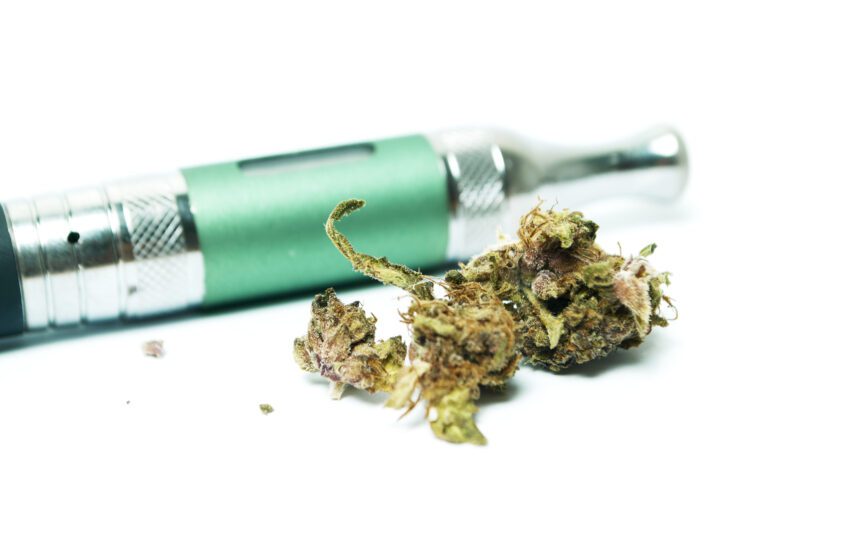A new study of vaping-related lung injuries in California reinforces the evidence implicating black-market cannabis products, even in states that have legalized the production and distribution of marijuana for recreational use, according to an article on reason.com.
In a sample of 160 patients, just 9 percent reported vaping only nicotine—a claim that is doubtful in the absence of blood or urine testing. Just 1 percent of the patients who reported vaping THC identified a state-licensed retailer as the source of the products they used.
In this study, which was published last Friday in JAMA Internal Medicine, 75 percent of the admitted THC vapers said they obtained the products from informal sources.
Among the 25 percent who initially said they had bought vapes from legal sources, just one patient named a licensed retailer. The rest either could not name their sources or said they bought cannabis products from pop-up shops, other individuals, or from a storefront that was not listed in the Bureau of Cannabis Control’s database of licensees.
Although licensed retailers have been selling marijuana to recreational consumers in California since the beginning of 2018, illegal dealers still account for about three-quarters of sales, largely because high taxes, burdensome regulations, licensing delays, and local bans have made it difficult for legal merchants to compete with the black market.
This study suggests that the black market also accounts for nearly all of the products used by people with vaping-related lung illnesses.
The researchers, who work for the California Department of Public Health and the U.S. Centers for Disease Control and Prevention (CDC), analyzed 87 vaping products from 22 patients, 49 of which contained cannabinoids.
Eighty-four percent of the cannabis products contained vitamin E acetate, a diluting and thickening agent that has been strongly linked to the lung disease outbreak, which included 2,807 cases and 68 deaths as of February 18.
None of the nicotine liquids contained that additive. An October study by California’s Anresco Laboratories found vitamin E acetate in 60 percent of the illegal cannabis products the company tested but none of the legal products.
“This report—the first to our knowledge to describe cases in a state with a legal adult-use (recreational) cannabis market—appears to confirm patterns of clinical findings and vaping practices previously reported in other states and nationally,” the researchers say. “Although California has a legal adult-use cannabis market, the majority of affected patients reported using THC-containing products obtained from informal sources, such as friends or acquaintances or unlicensed retailers. In addition, most THC-containing products tested contained [vitamin E acetate], which has recently been identified in both clinical and product samples from patients with [vaping-related lung injuries].”

